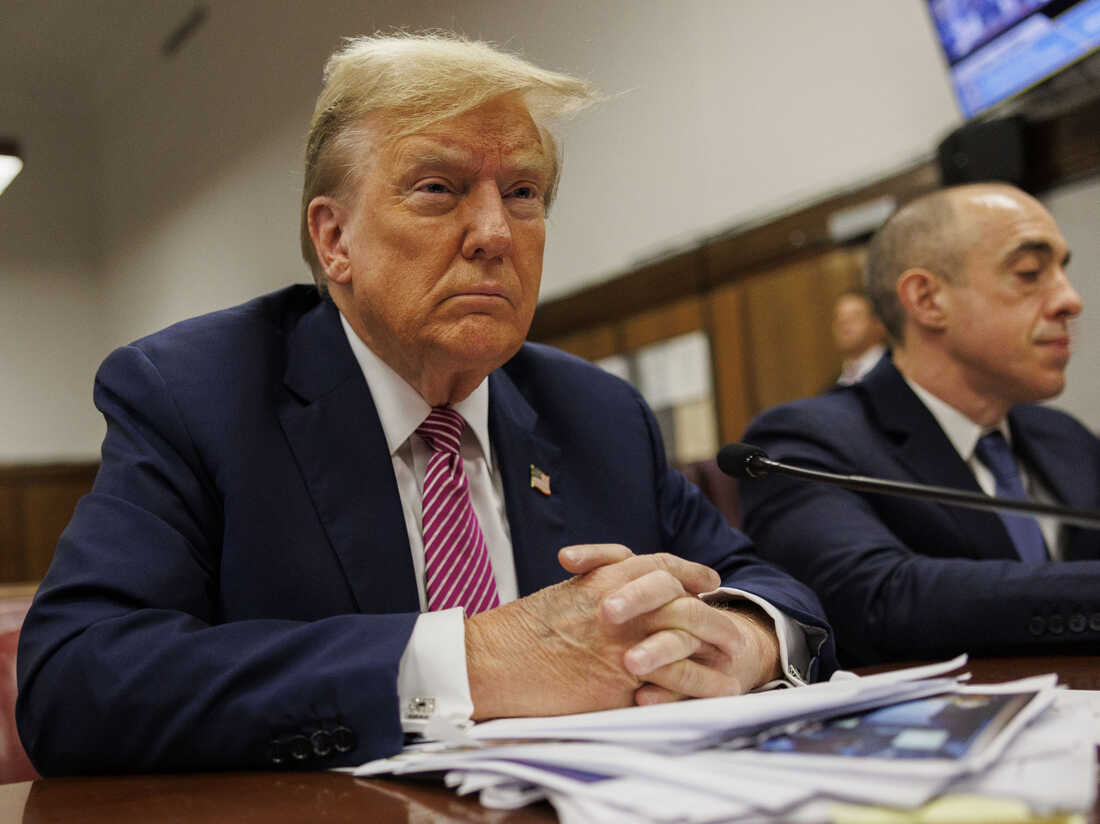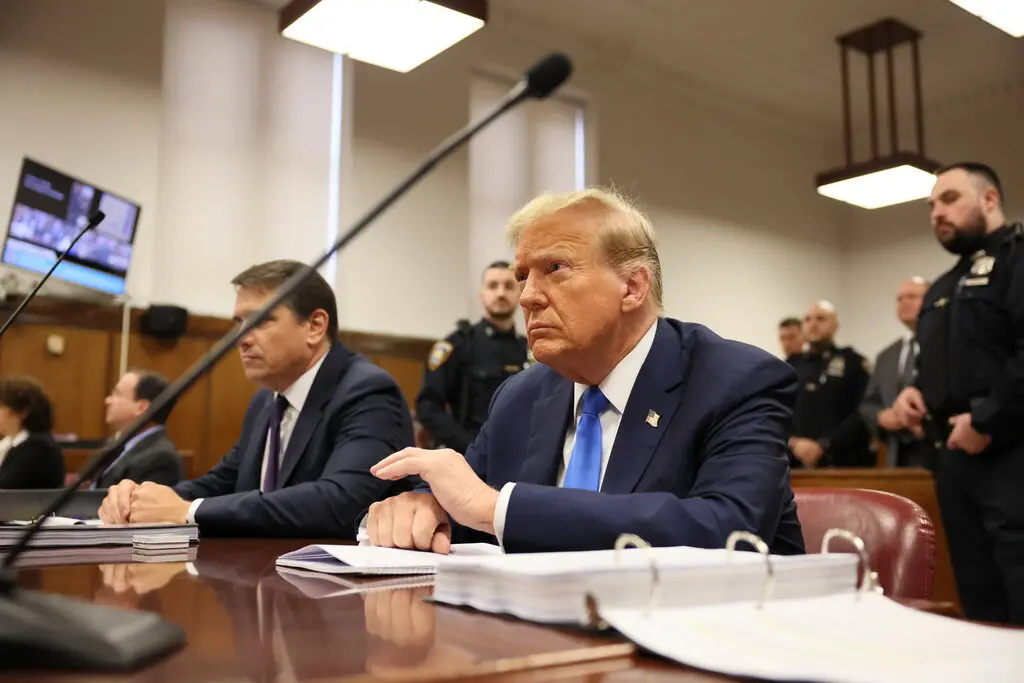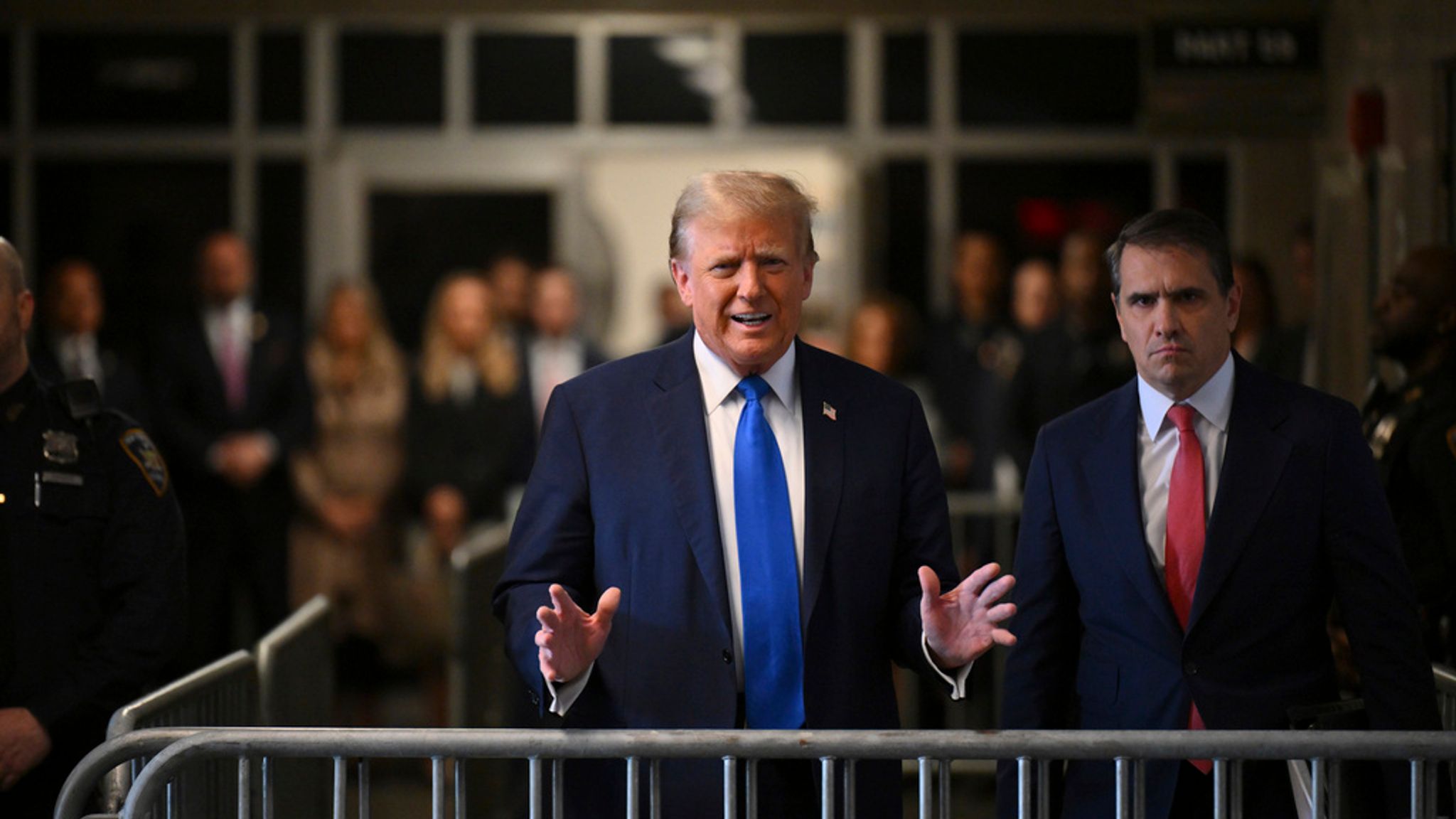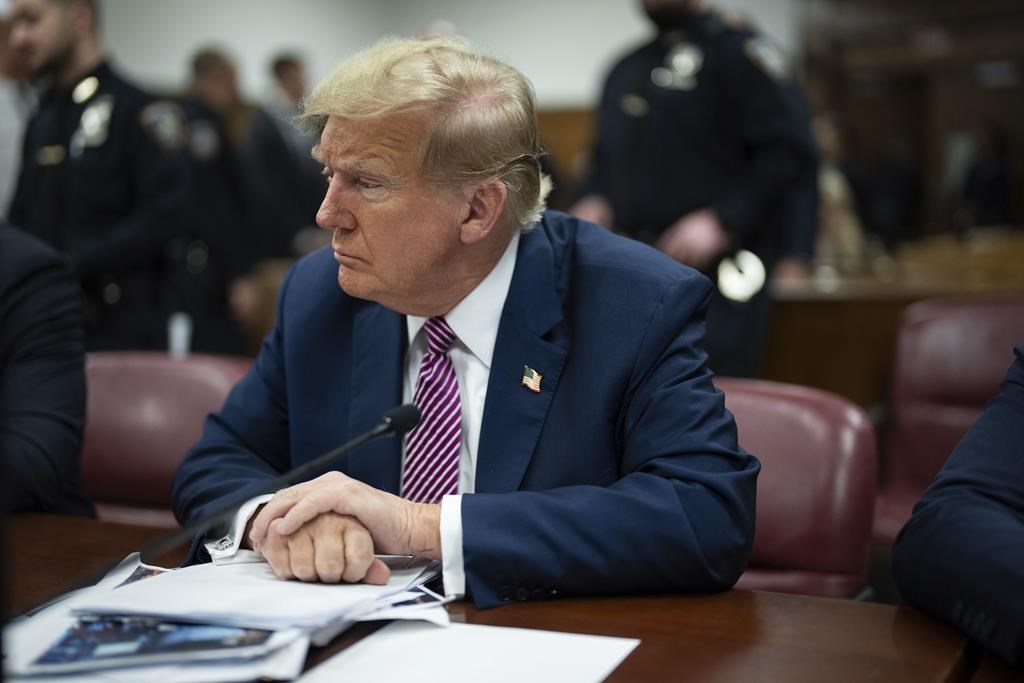Former President Donald Trump’s trial in New York underwent an extraordinary phase as prospective jurors from diverse backgrounds and professions provided their candid opinions, turning the jury selection process into a national focus group.
As Trump, flanked by his legal team, faced the array of New Yorkers, it was a moment of role reversal — the public speaking about him, and him compelled to listen attentively from the defense table.
From retired professionals to law enforcement personnel, the jury pool represented a microcosm of New York City’s populace. Their opinions varied widely, reflecting the complexity of perceptions surrounding Trump’s legacy.
Some jurors, deeply entrenched in their views, candidly expressed reservations about their ability to remain impartial, underscoring the challenge of securing an unbiased jury in such a high-profile case.
Analyzing Bias and Celebrity: The Complexities of Selecting a Jury for Trump’s Trial

Amidst the sea of opinions, nuanced perspectives emerged. While some jurors recalled Trump’s charitable endeavors, others scrutinized his controversial statements and actions.
Trump’s celebrity status, forged through decades of media exposure and business ventures, added an additional layer of complexity to the selection process.
His defense team meticulously scrutinized potential jurors’ social media histories and body language, aiming to ensure a fair trial.

However, the process was not without its twists and turns. Jurors were dismissed for failing to disclose past encounters with the law or for exhibiting overt bias.
Trump’s lead attorney, Todd Blanche, strategically challenged jurors based on their online activity and past statements, seeking to safeguard his client’s interests.

Ultimately, the jury selection process underscored the inherent challenges of adjudicating a case involving a figure as polarizing as Trump.
As the trial unfolds, the dynamics of the courtroom will continue to reflect the broader societal discourse surrounding Trump’s legacy and the implications of his actions.







Leave a Reply